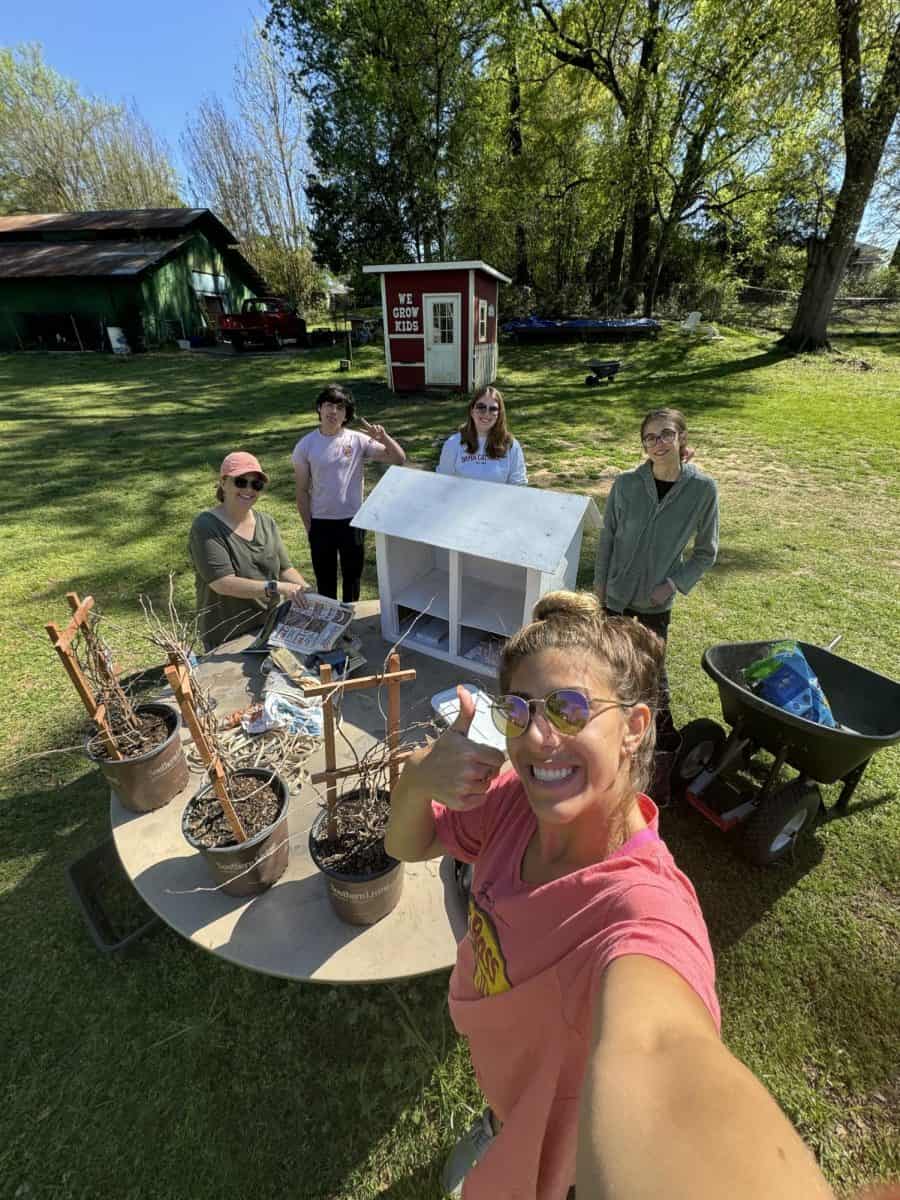Organic food used to be nourishment for exclusive groups often called “health nuts” and “tree huggers,” but as the move toward eating organic becomes more mainstream, students are left to weigh the costs and benefits of paying nearly twice as much for organic options.
Morgan Phillips, a senior majoring in nutrition, makes a conscious effort to eat healthy, but her concern is the type of food she buys, not how it is produced.
“[Organic foods] are important to your health because they do not contain pesticides or any other chemicals that can be harmful to your body,” Phillips said. “But to be honest, I personally do not think there is enough evidence out there yet to say whether organic is so much better than foods that are not.”
Whether buying organic or not, eating healthy can be expensive. To cut costs, Phillips suggests buying canned fruits and vegetables, but making sure they are canned in water instead of juice and rinsing canned foods to remove some sodium content.
Even if students do not want to pay organic prices, they can take steps to reduce pesticides in food. The FDA recommends practices like washing produce under running water or a clean scrub-brush and removing the outer leaves of leafy vegetables. They can also spray smooth-skinned produce like apples with a solution of diluted vinegar and water and then rinsing under running water.
To ensure the quality of their food, students can also buy from local farmers at outlets like Tuscaloosa River Market or Homegrown Alabama. In travelling, organic food is still as susceptible to bacterial contamination as conventional food, and the environmental impact of food that has to travel across the country is much greater than food that can be sold locally, which maintains its farm-freshness and has a lower risk of contamination. Because local farmers usually do not charge a premium, even organic food can often be purchased at reduced prices.
If you want to go organic without breaking the bank, it is worth knowing which items are worth buying organic and which are not. For example, organic is a label also applied to clothing, body care products and cosmetics, but there is currently no official standard for what makes these items organic, so some of these products are actually loaded with chemicals.
Also, there is currently no organic standard for seafood, and fish can be labeled organic despite contaminants such as mercury in the water. Unless a product bears the USDA organic seal, there is no certainty that it actually meets organic standards. In contrast, crops like apples, spinach and strawberries tend to carry higher levels of chemicals, so organic may be the way to go for these foods.
If you are looking for options besides organic food, there are plenty of misleading labels claiming to be “all natural,” but don’t offer entirely natural and organic benefits. However, the USDA Food Safety Inspection Service verifies voluntary labels for meat and poultry. These labels include “free range,” “grass fed” and “no added hormones,” among others.
Whether or not it is worth the expense, organic food bears one decided advantage over conventional food – the knowledge of what is not in it. Though the risks of pesticides and antibiotics in food production are not convincing to all, consumers can be assured that their food was not produced using these additives.
Paige Bussanich, a senior majoring in psychology and political science, began buying organic after becoming a vegetarian. For Bussanich, buying organic is the best way to avoid added chemicals and fertilizers in her food. Though organic is more expensive, she mainly finds organic options at Target and shops at Manna Grocery when she has extra money.
“These days you never know what is in your food, so organic is the best way to go in my opinion,” she said. “I think it is worth the cost.”
Regardless of whether food is organic, an important element of students’ diets is what they consume, not how it is produced. Until research definitively proves otherwise, the benefits of eating fruits, vegetables, healthy fats and proteins outweighs the potential risks of exposure to chemicals.






